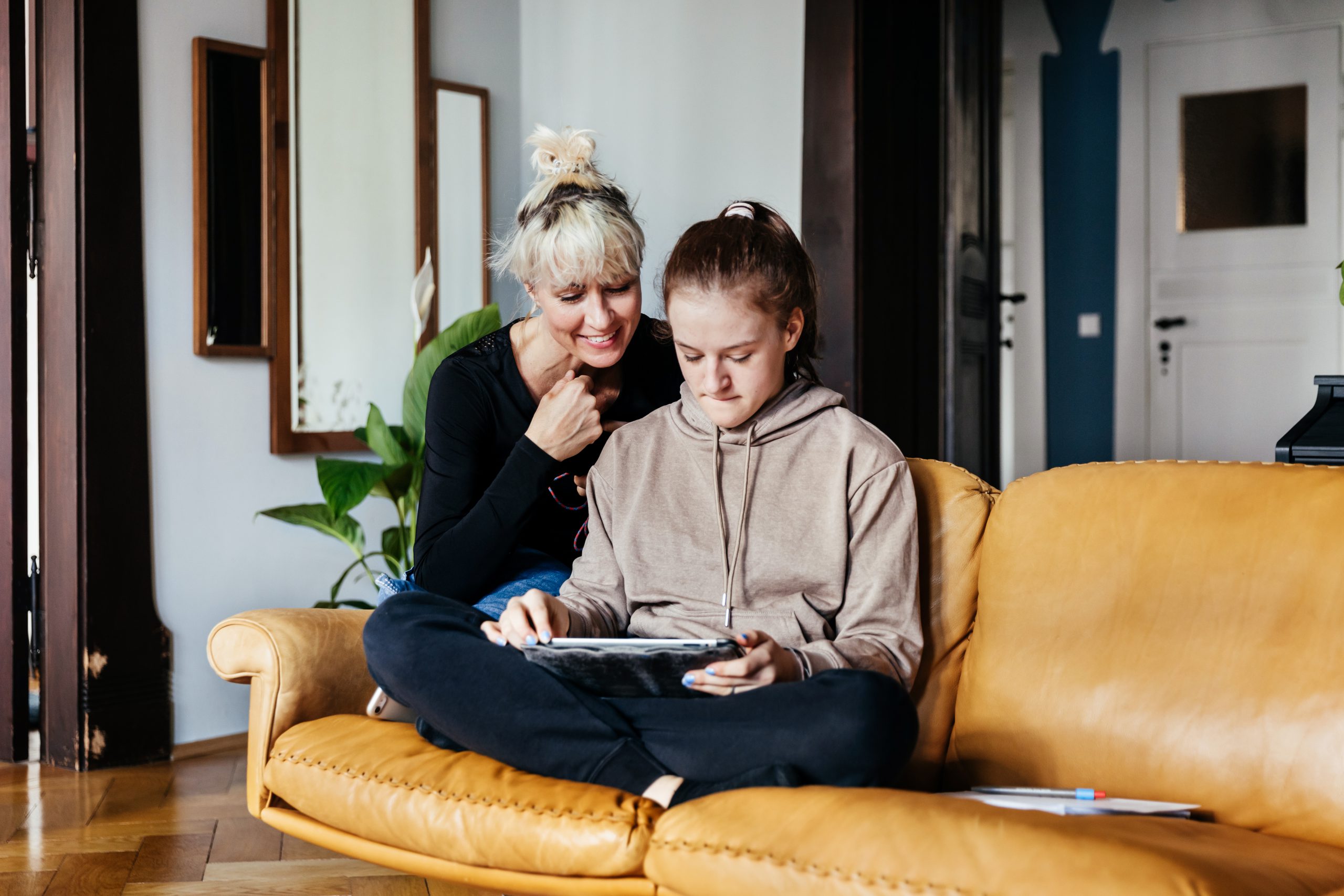
A significant challenge facing New Zealand remains the affordability of property for first-time buyers.
Even though prices across the country have tapered from the incredible rises we witnessed during the pandemic, purchasing your first home remains a significant financial challenge.
Often parents will step in to help their children find their first rung on the property ladder. And thankfully, the NZ tax regime allows them to do this without penalty if they take the right approach. That’s not true in every country.
Giving your children a chance to own their home is a fantastic opportunity, especially with the residual wealth that remains in the NZ property market.
Here are our tips for parents seeking to help their children achieve property ownership:
Biggest mistake
As tempting as it may be, do not do everything for your kids. If they want to own property, it is their challenge, not yours. You’re just helping and guiding them. You should be confident they have the maturity to take on a property and the financial responsibility that goes with it.
Don’t undervalue advice
Before you dig into your pocket, discuss the situation with your offspring. Sometimes, they struggle to get organised to start a saving regime and understand how the buying process works.
Be their guide
Offer to work with them on their property-buying journey. Help them with issues ranging from setting a savings target to picking target suburbs and properties.
Paying the deposit
This is a double-edged sword. It turbo-charges entry into the property market, but lenders often want to see a record of genuine savings from the mortgage applicant, even if that totals 5% of the deposit. If you can put 20% on the table, lenders tend not to ask too many questions about a savings record.
First-home scheme
If they’re using this scheme to buy a property, they may need to provide only 5% of the deposit.
Lending deposit money
It’s a good idea to issue an “acknowledgement of debt” letter so everyone, including the lender, understands that if the property is sold, you have to be repaid from the proceeds of the sale.
Going guarantor
This is a higher-stakes play. You’ll be on the hook for the mortgage if your child decides it’s all too much and walks away. You may have to offer your own property as collateral. Get legal and financial advice before pursuing this course.
Being partners
Buying together has potential tax issues down the track because there’ll likely be a capital gain on the property if you sell or give your portion of ownership to your child. Again, get professional advice on this approach.
